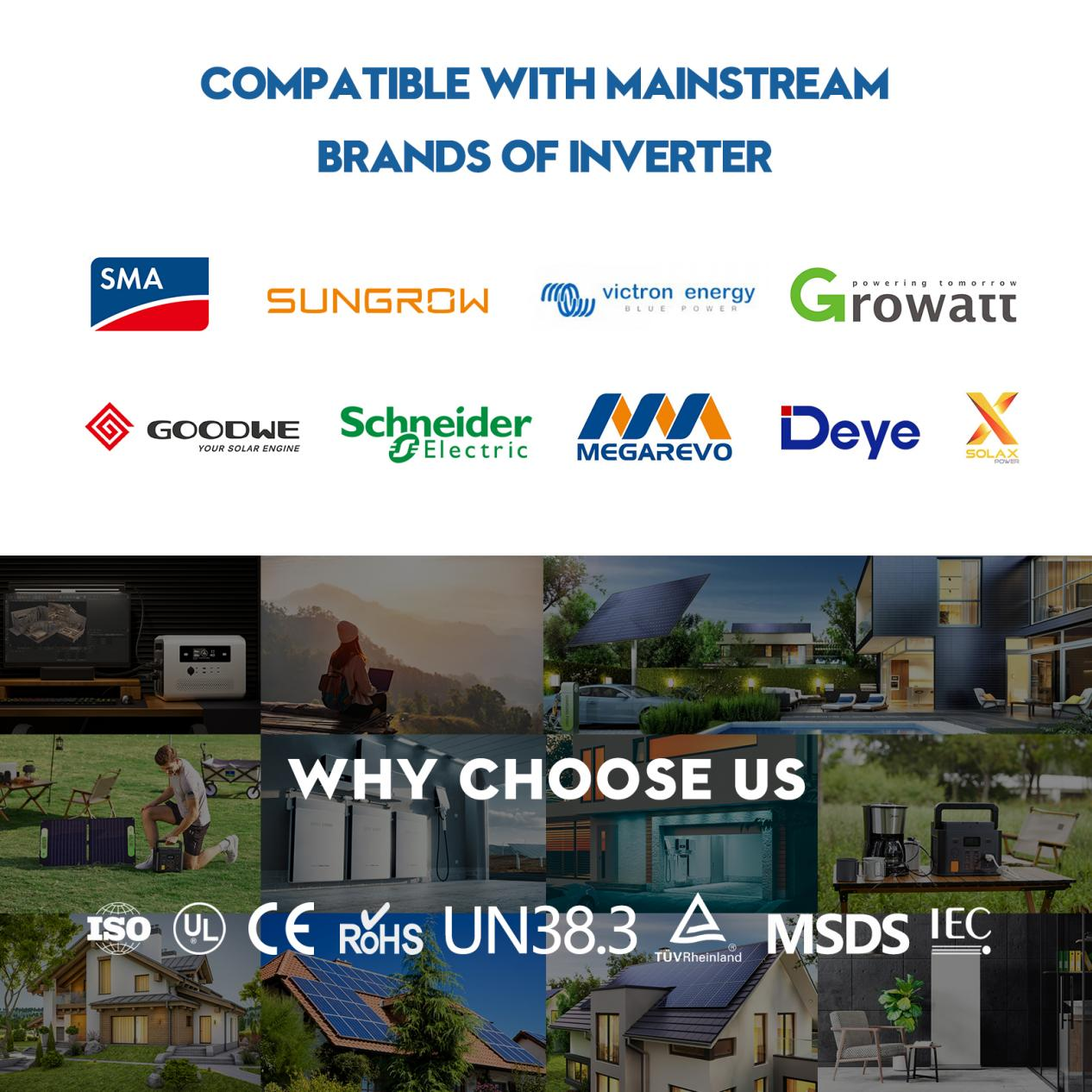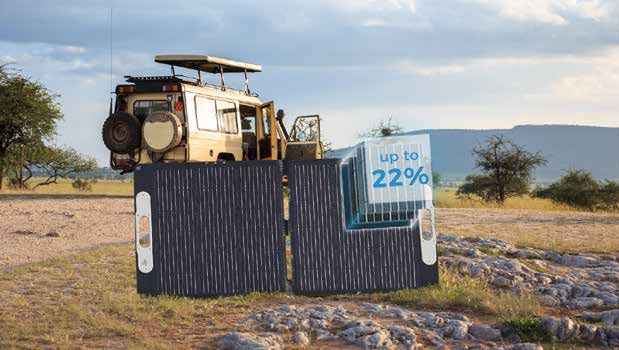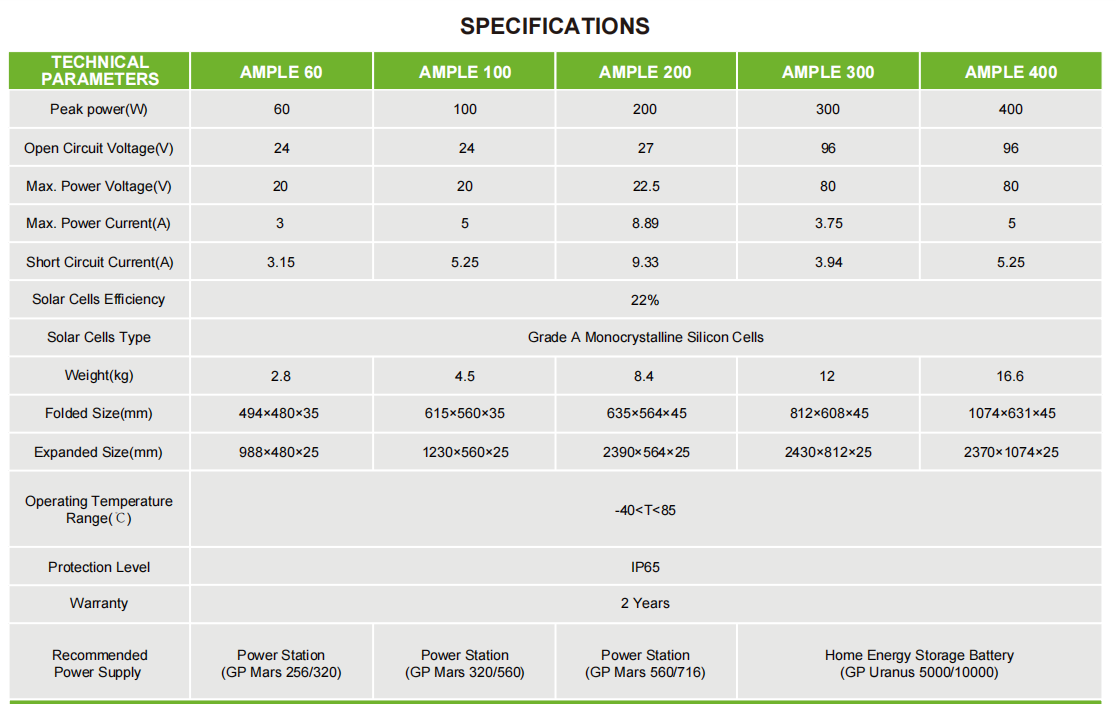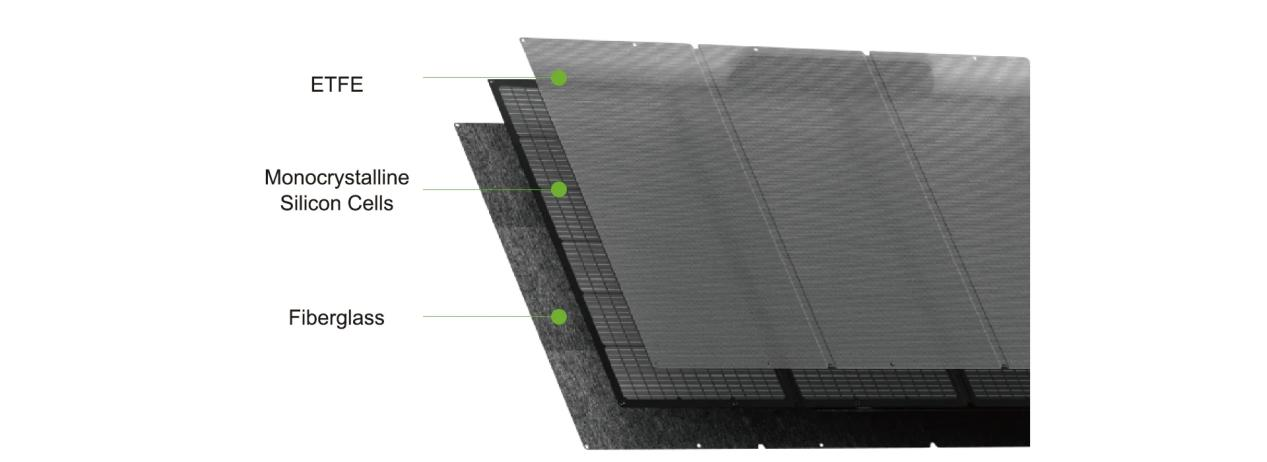Before Importing Solar Panels from China, Ensure You're Informed About These 5 Vital Factors
- Evaluate Solar Panel Performance Parameters When considering importing solar panels from China, it's crucial to evaluate their performance parameters. During your communication with potential suppliers, request detailed information about rated power, conversion efficiency, photovoltaic conversion efficiency, and other pertinent performance metrics. These parameters serve as a basis for assessing the suitability of the solar panels for your specific requirements.
Assessing performance parameters is essential for several reasons:
- Tailoring to Specific Needs: Different applications demand distinct performance levels. By confirming these parameters, you can select solar panels optimized for your intended usage.
- Comparative Analysis: Evaluating performance parameters empowers you to compare different solar panels, making an informed choice based on the optimal balance of performance and cost.
- Regulatory Compliance: Many countries enforce specific performance standards for solar panels. Verifying these parameters guarantees adherence to regulatory norms.
- Quality Assurance: Performance parameters provide insights into the quality and reliability of solar panels. Opting for higher-quality panels can lead to reduced maintenance costs and prolonged lifespan.

Validate Certifications Prioritize requesting certification documents from your supplier, such as CE, TUV, and UL certifications. These certificates vouch for the panels' adherence to international standards, ensuring recognition and compliance in your local market.
Inspect Solar Panel Materials To assure the quality of the solar panels, request images showcasing their appearance and a comprehensive list of materials used. Pay particular attention to:
- Photovoltaic Cells: These cells are at the core of solar panels. Validate the type and quality to ensure efficiency, durability, and high power output.
- Encapsulation Material: Verify the encapsulation material's quality, durability, weather resistance, and lifespan to protect the cells from environmental factors.
- Glass: The glass layer safeguarding the panels should be tempered, anti-reflective, and capable of withstanding harsh weather conditions.
- Frame: The frame provides structural support and protection. Confirm its sturdiness, weather resistance, and load-bearing capacity.
- Junction Box: This component connects panel wires to the system. Ensure it's well-sealed, weather-resistant, and capable of handling high temperatures and voltage.
Thoroughly inspecting these materials guarantees the solar panels' longevity and sustained high performance.
- Examine Production Process and Line Request detailed information about the solar panel's production process and assembly line from your supplier. This step ensures that the panels meet quality standards, assuring stability and reliability:
- Quality Assurance: A meticulous production process adheres to quality standards, encompassing material quality, consistent production practices, and meeting specifications and certifications.
- Defect Detection: Monitoring production aids in early defect detection, preventing potential issues from escalating and safeguarding the panel's quality.
- Consistency and Reliability: A well-monitored production process guarantees consistent quality, ensuring the panels' reliability throughout their lifespan.
- Regulatory Compliance: Verifying the production process aligns with relevant regulations, including environmental and labor standards.
- Supplier Relationships: Visiting the production site fosters collaboration with suppliers, enhancing production efficiency and quality.
Checking the production process is pivotal for acquiring high-quality, dependable solar panels.
- Assess Supplier's Post-Sale Service Evaluating the supplier's after-sales service is a critical aspect of purchasing solar panels:
- Warranty Support: Ensure the supplier offers effective warranty support, covering defects and performance issues.
- Maintenance and Repair: Reliable after-sale service includes maintenance and repair support, ensuring the panels' longevity.
- Technical Assistance: Access to knowledgeable technical support is crucial for addressing system issues and inquiries promptly.
- Replacement Parts: Verify the supplier can provide genuine replacement parts quickly when needed.
Prioritizing after-sales service ensures a positive customer experience, along with ongoing support and assistance.
Powering Everywhere with Our Solar Panels For more information about our solar panel offerings, we invite you to explore our product range. Our diverse panels cater to various applications and budgets, ensuring you find the ideal solution for your energy needs.
Post time: Aug-14-2023














